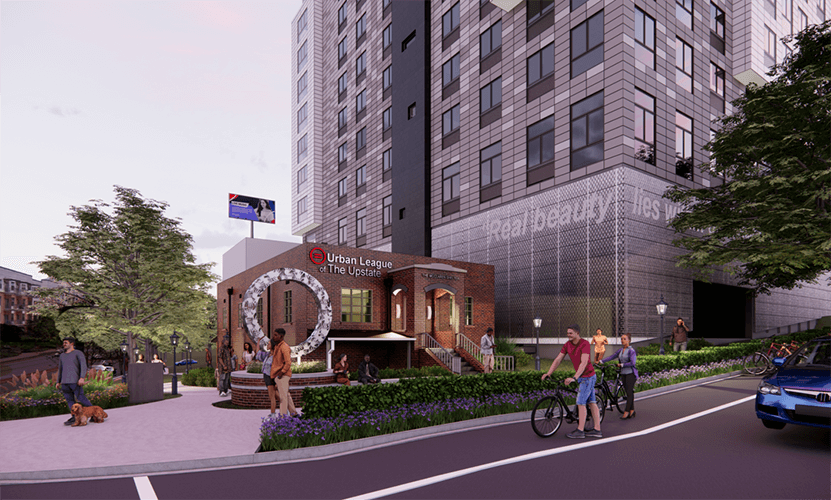Helping our Communities to Quit Smoking
One of the most pressing health issues we face in our community is the difficulty many Black Americans encounter when they’re trying to quit smoking. This challenge involves a mix of historical, social, and systemic factors that make quitting smoking particularly tough for these communities. It’s not just about “willpower.”
We all know smoking isn’t healthy, but for minority communities, the impact is even more severe. For decades, tobacco companies have specifically targeted these communities, especially with menthol cigarettes. According to the American Lung Association, about 85 percent of Black smokers use menthol cigarettes, compared to much lower rates among white smokers. This isn’t a coincidence–menthol cigarettes are more addictive and harder to quit, and tobacco companies have aggressively marketed them in Black neighborhoods.
Hispanic smokers, while smoking at lower rates than some other groups, have their own set of challenges. Cultural factors like language barriers and less access to healthcare all contribute to making it more difficult for Hispanic individuals to kick nicotine addiction.
Quitting smoking is hard enough on its own, but it becomes even more challenging when you consider the overwhelming barriers many BIPOC individuals face. The CDC highlights that many of our communities have a higher number of tobacco retailers and more exposure to tobacco advertising, which makes it even more difficult to escape the glamorization and temptation to smoke.
Many people in our communities don’t have easy access to resources that can help them quit. This is due to a myriad of factors, including lack of health insurance or the cost of treatments like nicotine patches or counseling.
Our cultural and social environments also play a massive role in smoking habits. In some cases, smoking may be more accepted or considered a healthy way to cope with the stresses of daily life. Discrimination, economic instability, and the pressure of living in a society where racism is still a reality all add layers of stress that can make quitting smoking seem like an impossible task.
But there is hope.
A study by Penn Medicine is exploring new ways to help BIPOC smokers quit by tailoring programs specifically for our communities. This kind of research is critical because it recognizes that the standard approaches to quitting smoking might not work for everyone, and that’s ok. We need solutions that meet individuals where they are and support our communities in ways that make sense.
At the McClaren Institute, we’re taking action against these issues through our programmatic collaborations and partnerships. Our ultimate goal is to see better policies come to light that protect our communities from harmful tobacco marketing. Locally, we’re pushing for increased access to affordable, effective smoking cessation resources. We’re also focused on community-based programs that provide culturally relevant education and support.
We believe that when quitting programs are tailored to our communities, they can make a real difference. Quitting smoking is tough, but with the right support, it’s possible.
[/et_pb_text][/et_pb_column][/et_pb_row][/et_pb_section]





